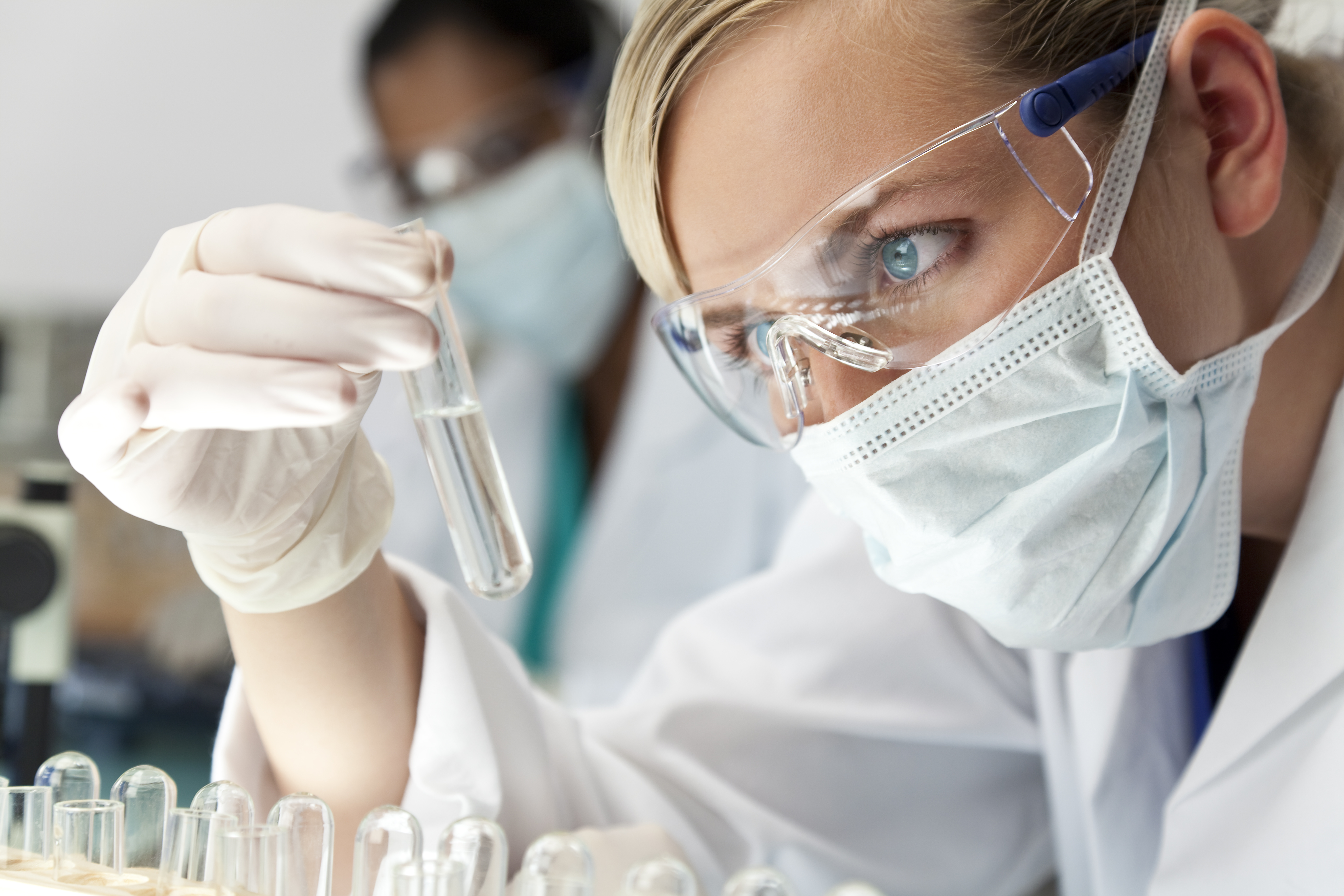
Biocompatibility in Dentistry: A Mini Review by Anita Vazquez-Tibau and Blanche D Grube, DMD
Abstract
The term “biocompatibility” has been gaining recognition, not only in medicine, but particularly in dentistry. It basically means, biocompatible materials should not have a negative impact on the recipient.
Currently, there are literally thousands of different components that makeup the materials that are used in common dental procedures, with more being developed each year. Scientific literature is now reporting on the importance of using the most biocompatible material for the patient. Research is finding that not only using the least reactive material is important, but also how that material may interact with other materials that may have already been implanted into the oral cavity. Unfortunately, even today, dental procedures are often designed simply for the functionality of the treatment, or for cosmetic purposes, even though it is well established that all foreign materials introduced into the human body will elicit an immune response. Therefore, materials that are being used, which are not investigated for reactivity prior to treatment, pose a potential risk of toxicity, or allergic reaction to the individual patient.
Since the mouth is considered the most hostile environment in the human body, it is critical to understand and evaluate the long-term effects of dental materials, since these materials are often used due their lasting durability.
We invite you to read the full article HERE!
About our sister company, Biocomp Labs
BioComp Lab’s objective is to measure immune system response on an individual basis using our sophisticated blood serum procedure.
The end result is the biocompatibility test – a comprehensive report which simply states whether the dental materials are
highly reactive, moderately reactive, or least reactive.
This information allows the individual to learn about and avoid dental toxicity by using the least amount of reactive materials possible.